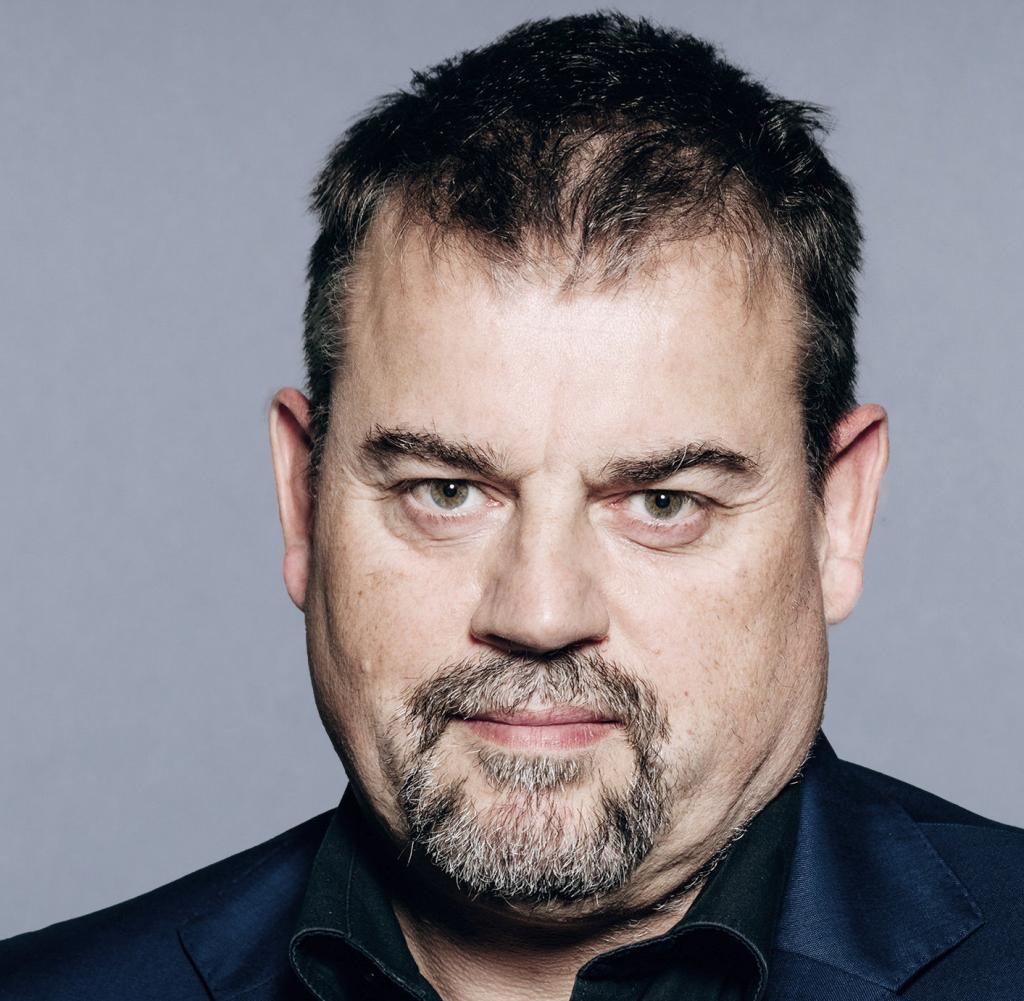As soon as the Russian frigate Admiral Gorshkov and the nuclear submarine Kazan and their escort ships had approached Cuban waters, the USA responded. They sent a small armada of their own: the USS Truxtun, the USS Donald Cook, the USS Delbert D. Black, the Coast Guard cutter Stone and a maritime patrol aircraft.
In the region, this brings back memories of the “Cuban Missile Crisis” in 1962, when Russia secretly stationed missiles on the communist-ruled Caribbean island. Washington responded with a naval blockade, and a third world war was in the air. The current situation cannot be compared to that, of course – but it is still politically remarkable.
As the Miami-based daily newspaper “El nuevo Herald”, which specializes in Cuba, reports, the US armed forces are closely monitoring the Russian maneuvers in the Caribbean and have given the all-clear for now. “We have followed the route of the ships,” the newspaper quotes an official as saying. At no point did the ships and the submarine pose a direct threat to the USA.
Washington is trying to defuse the situation. A high-ranking US government official told the AP news agency that intelligence services had determined that none of the ships had nuclear weapons on board. They were not a direct threat to the United States.
It is not uncommon for Russian warships and aircraft to operate in the Caribbean, but this time the deployment came less than two weeks after US President Joe Biden authorized Ukraine to strike inside Russia with US-supplied weapons to protect Ukraine’s second-largest city, Kharkiv.
Russian President Vladimir Putin then indicated that he could respond with “asymmetric steps” in other parts of the world, such as by supplying weapons. Even though his army is largely tied up in the war in Ukraine, Russia’s ruler is sending two signals by sending the warships to Cuba: He wants to prove to the West that he – like the USA – can be present anywhere in the world at any time.
And he wants to support his loyal ally Cuba in the midst of a serious domestic crisis – just as China does. Both superpowers have a strategic interest in Havana remaining their partner.
“Unlike the former USSR, Russia does not want to invest too many tangible resources in maintaining alliances in Latin America,” says Vladimir Rouwinski, an expert on Latin American-Russian relations at the ICESI University in Cali (Colombia) in an interview with WELT. Instead, Russia wants to draw attention to its capabilities, he says. “And that is exactly what is happening this week.”
Putin’s actions are also noteworthy for a second reason. Cuba is currently experiencing a major humanitarian and political crisis. The food situation is staggering, and Cuban agriculture is no longer able to feed its own people. Cuba’s regime under President Miguel Diaz-Canel traditionally blames the decades-old and repeatedly modified US trade embargo for this.
But this argument is difficult to maintain in the long term. Diaz-Canel recently declared war on the bureaucracy in the Cuban planned economy and called on the population to roll up their sleeves. Despite severe punishments, small demonstrations continue to take place.
Since the historic social protests, hundreds of thousands have left the country to seek their fortune in the USA. Havana is losing primarily the younger, working population, who have placed far greater hope in the market economy in Miami than in the chronic shortage economy at home.
However, there is no sign of a collapse of the power structures as some experts predict, not least because Russia and China are signaling that they would never simply accept a change of flag by Cuba.
Moscow and Beijing, along with Cuba, are passing the ball to each other. Internationally, Havana avoids any criticism of Russian human rights violations, instead expanding cooperation. Beijing is considering economic aid and investments, even if these are only declarations of intent so far. Moscow is sending warships – and, more importantly, advisors to help keep the opposition in check.
John Kavulich, president of the Cuban-American Economic and Trade Council, who wants more business with Cuba, also sees the Russian visit as an attempt by Moscow to torpedo any rapprochement between Cuba and Washington under President Joe Biden. The dispatch of the Russian ships is “from a political point of view the final nail in the coffin for all the positive and substantial changes that have taken place towards the Republic of Cuba during the Biden administration,” the Cuban exile portal “Diario de Cuba” quotes him as saying.




